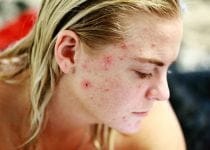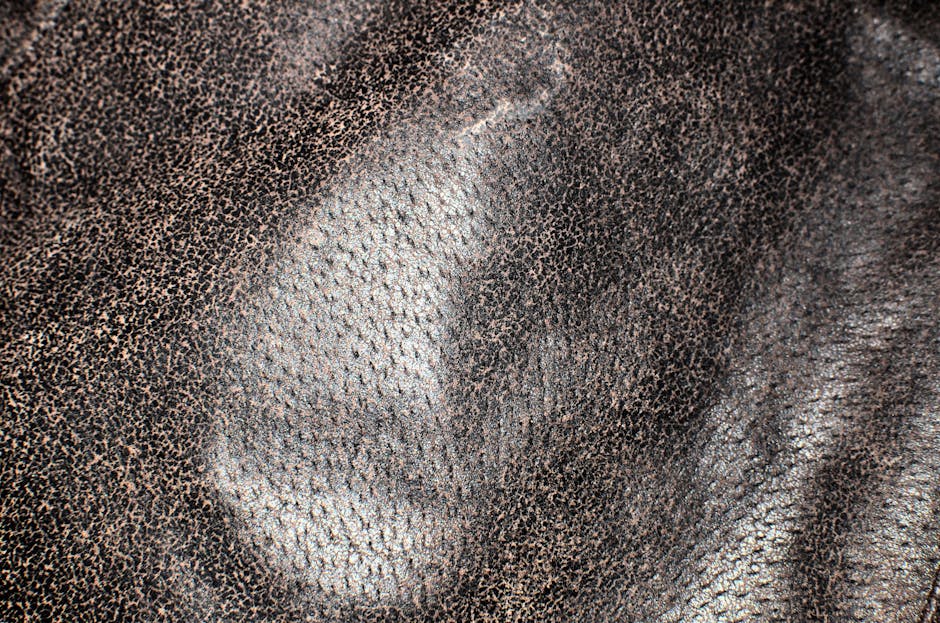Acne: Effective Remedies To Clear Your Skin
Acne is a common skin condition that affects people of all ages. It can be caused by a variety of factors, including genetics, hormones, and diet. While there is no cure for acne, there are a number of treatments that can help to improve the appearance of your skin.
**Causes of Acne**
Acne is caused by a combination of factors, including:
* **Increased sebum production:** Sebum is an oily substance that helps to keep your skin moist. However, too much sebum can clog your pores and lead to acne.
* **Bacteria:** The bacteria Propionibacterium acnes (P. acnes) lives on your skin and feeds on sebum. When P. acnes overgrows, it can cause inflammation and acne.
* **Clogged pores:** When sebum and bacteria build up in your pores, they can cause inflammation and acne.
* **Hormones:** Hormones play a role in the development of acne. Androgens, which are hormones that are produced in greater amounts in men than in women, can stimulate sebum production and lead to acne.
* **Diet:** Some studies have shown that a diet high in refined carbohydrates and sugar can increase the risk of acne.
**Symptoms of Acne**
Acne can cause a variety of symptoms, including:
* **Blackheads:** Blackheads are small, dark bumps that form when sebum and bacteria clog your pores.
* **Whiteheads:** Whiteheads are small, white bumps that form when sebum and bacteria clog your pores and the opening of the pore is closed.
* **Papules:** Papules are small, red bumps that are caused by inflammation.
* **Pustules:** Pustules are small, white or yellow bumps that are filled with pus.
* **Nodules:** Nodules are large, painful bumps that are caused by inflammation deep in the skin.
* **Cysts:** Cysts are large, pus-filled bumps that can cause scarring.
**Treatment for Acne**
There are a number of treatments that can help to improve the appearance of acne. These treatments include:
* **Topical treatments:** Topical treatments are applied directly to the skin and can help to kill bacteria, reduce inflammation, and unclog pores. Some common topical treatments for acne include benzoyl peroxide, salicylic acid, and retinoids.
* **Oral medications:** Oral medications can be used to treat acne that is moderate to severe. These medications can help to reduce inflammation, kill bacteria, and prevent new acne from forming. Some common oral medications for acne include antibiotics, retinoids, and isotretinoin.
* **Lifestyle changes:** There are a number of lifestyle changes that can help to improve the appearance of acne. These changes include:
* **Washing your face twice a day:** Washing your face twice a day with a gentle cleanser can help to remove excess sebum and bacteria from your skin.
* **Moisturizing your skin:** Moisturizing your skin can help to keep it from becoming dry and irritated.
* **Avoiding touching your face:** Touching your face can transfer bacteria to your skin and lead to acne.
* **Eating a healthy diet:** Eating a healthy diet that is low in refined carbohydrates and sugar can help to reduce the risk of acne.
**Conclusion**
Acne is a common skin condition that can be caused by a variety of factors. There is no cure for acne, but there are a number of treatments that can help to improve the appearance of your skin. If you are struggling with acne, talk to your doctor about the best treatment options for you.


